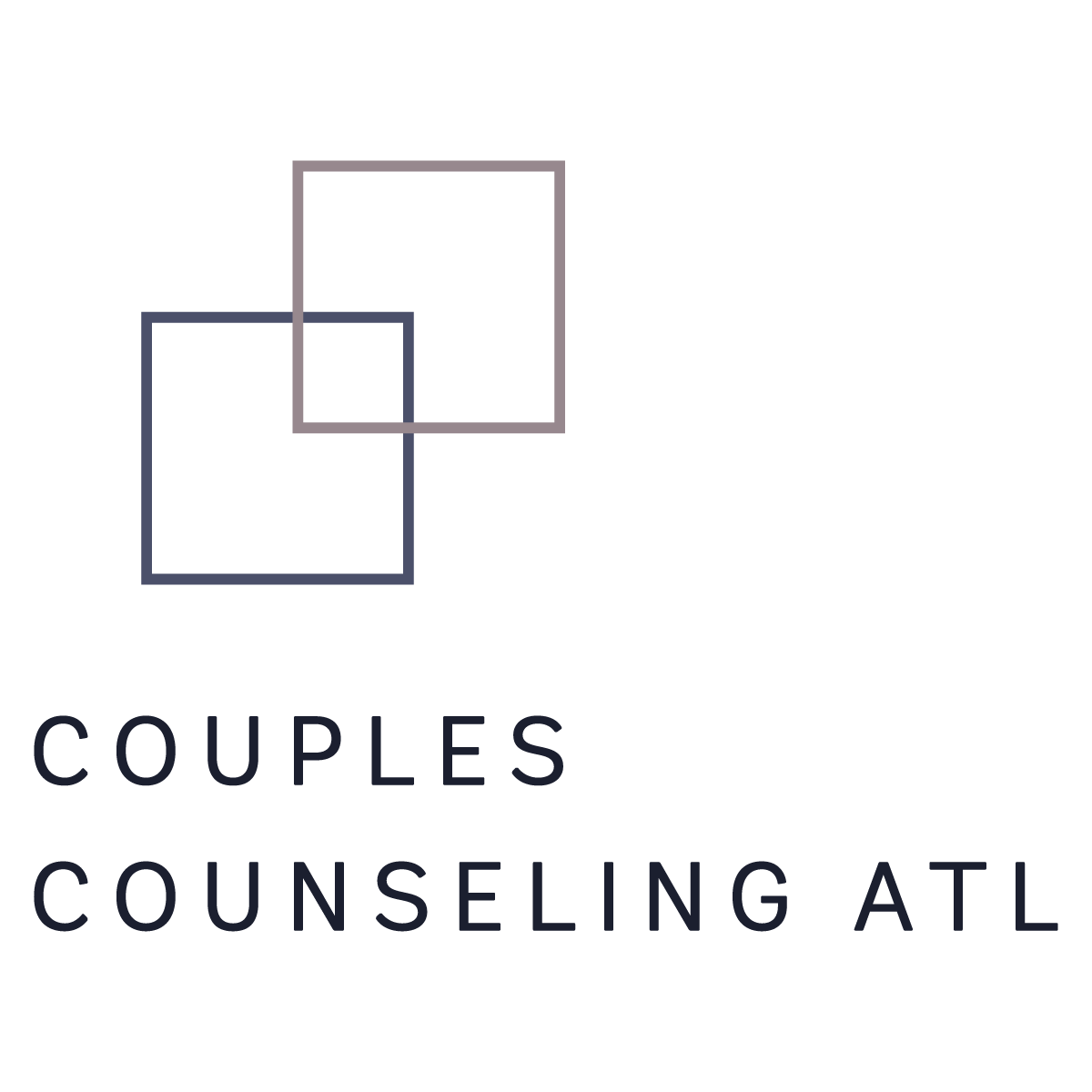What exactly is not working when a relationship is struggling? [Part 1]
According to the Gottman Institute's research, there are 8 main behaviors in a relationship that predict future doom, whether it's breaking up, divorce or continued misery. These signs are spotted very quickly by a trained therapist watching a couple attempt to work through a conflict. Any of these problems are considered dysfunctional when they've become patterns. These are the first four predictors, and next week, we'll introduce the next four, so that if you've spotted them in your own relationship, you can also learn what can be corrected to create a healthier and happier relationship.
1. More negativity than positivity
During conflict discussions, the ratio of positive to negative interactions in relationships headed for misery is 0.8:1 (nearly 1:1), not 5:1, as it is for stable and happy couples. However, don't declare war on all negativity in a relationship; for a relationship to be healthy, both positivity and negative emotions are essential. This balance is important because positive feelings and expressing joy, humor, and appreciation, for example, are essential to feeling bonded and the feeling that a relationship is "right". Negativity is also just as important because as humans, we are individuals with different preferences and perspectives, and each person needs to "call out" or identify what isn't working for them so that their partner can adjust their behavior to show each other that they care enough to be flexible and make the other person happy.
2. Escalation of negativity
Despite the importance of expressing our negative feelings, such as disappointment, sadness, anger, etc., in a happy relationship, how you express your discontent is also critically important. If you've read anything related to the Gottman research, you likely remember the "4 horsemen of the apocalypse", the 4 most corrosive behaviors that erode a relationship: criticism, defensiveness, contempt, and stonewalling. The researchers discovered over time in long-term relationships and marriages, that the reciprocation of anger was as common in stable happy couples as it was in unstable or unhappy couples. The good news is that both people expressing anger in a relationship is not in itself destructive. It was the escalation of negativity that predicted breaking up or divorce. This pattern of escalating negativity not only makes it impossible for couples to manage their differences, but it also leads to couples slowly "turning away from each other" emotionally, and disconnecting from one another as their resentments grow.
3. Emotional disengagement and withdrawal
Another negative and dysfunctional pattern that emerged from the Gottman's longitudinal research was the absence of positive emotion during conflict. Even when they're arguing, happy and healthy couples tend to still share some affection, humor, question-asking, curiosity about the other's perspective, active interest, excitement, joy, support, and empathy. They share anger, and other negative emotions, but these more difficult emotions are more easily digested when the couple is also sharing a lot of positive interactions as well. Subsequent research discovered that this particular pattern of mainly negativity in conflict, without as much positivity, was related to a negative style and everyday interaction (even when they're not having conflict) that they referred to as slowly disconnecting and turning against bids for emotional connection.
4. The failure of repair attempts
Healthy couples "lean in" to conflict and do not avoid fights. Even if a topic is difficult or anxiety-provoking, they try to talk about it. They push through fears of hurting their partner's feelings to bring up what's not working for them, but they still try to be sensitive to the others' feelings. They are responsive to one another’s needs for emotional closeness and desire to work through issues so they can reconnect after disagreements. Healthy couples process inevitable disagreements or fights in order to repair their connection, even if they never agree on the topic and "agree to disagree". They may hug, kiss, express appreciation, apologize, compromise, and/or remind each other how important they are, or do other things to repair any hurt feelings and reconnect. In contrast, unhealthy couples do not make repairs, or when they do attempt to make repairs, their partner doesn't accept these attempts and holds a grudge or further distances themselves. Any hurt feelings or "regrettable incidents" are inevitable in any relationship, but they need to be repaired.
Click on the bottom link to watch our latest video on this full topic in detail, with our Director and Gottman-Trained therapist at Couples Counseling ATL, Stephanie Cook, where she explains everything in detail
Finally, stay tuned these next couple of weeks to learn more about different upcoming topics!

